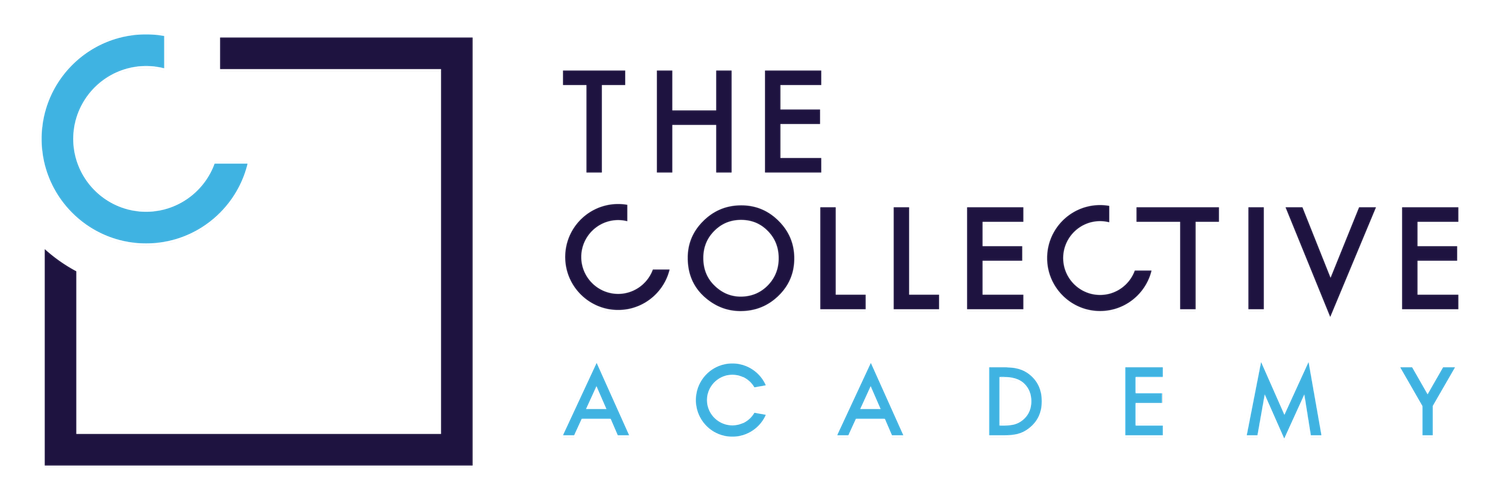Slack
“I don’t think this is the best solution.” “I’m not sure what to do.” “I think we’re missing something important here.”
Not every challenge your team members face requires you to immediately “fix” something. Going further, when it comes to development - the people part of work - what if I told you, there is no “fix.”
When it comes to relationships, I’m always mindful of the instinct to move to action. We often equate efficiency with effectiveness–the busier/faster we are, the more productive. Seems rational! But it’s not always the case.
Shane Parish at Farnam Street has an excellent blog post extolling the virtues of “slack” as an engine for productivity if you want to have a think on that (you should; great read). He argues that slack gives us the breathing room to spring into action when required, but as I was reading, it occurred to me that a quick response or “fix” isn’t necessarily the answer when it comes to interpersonal challenges or conflicts at work.
When you’re dealing with people, thoughtfulness is paramount. Otherwise, we end up treating the symptom and not the disease. On the micro scale, this can look like distributing workload willy nilly without considering strengths or preferences. Writ large, it’s hollow diversity initiatives that are concerned only with optics and not with systems.
So, slow down, listen to your colleague, and take some time to reflect on what has been shared with you. Someone sharing a challenge with you can be a gift, and the beginning of deepening the trust in your relationship - to move forward from a more sustainable place.
